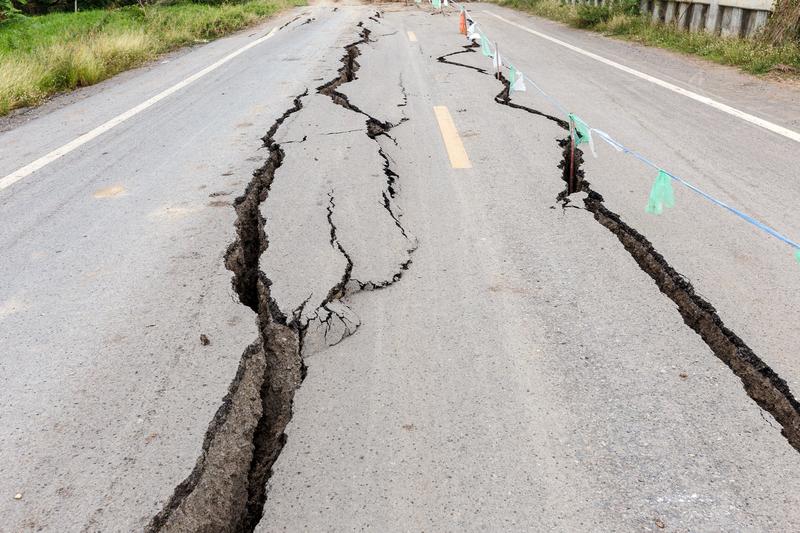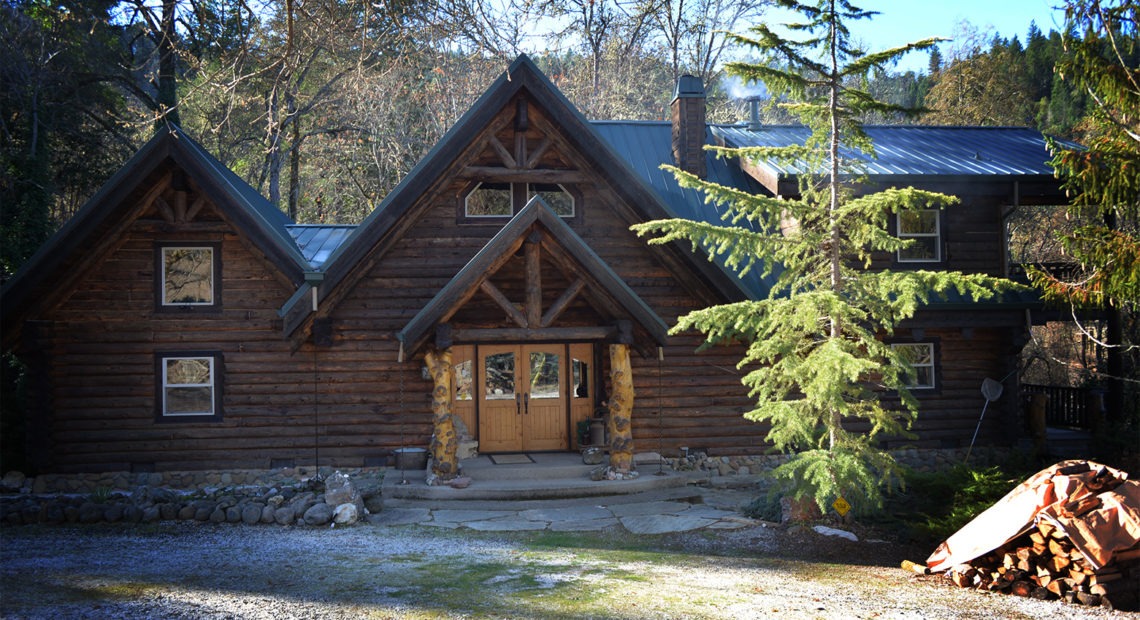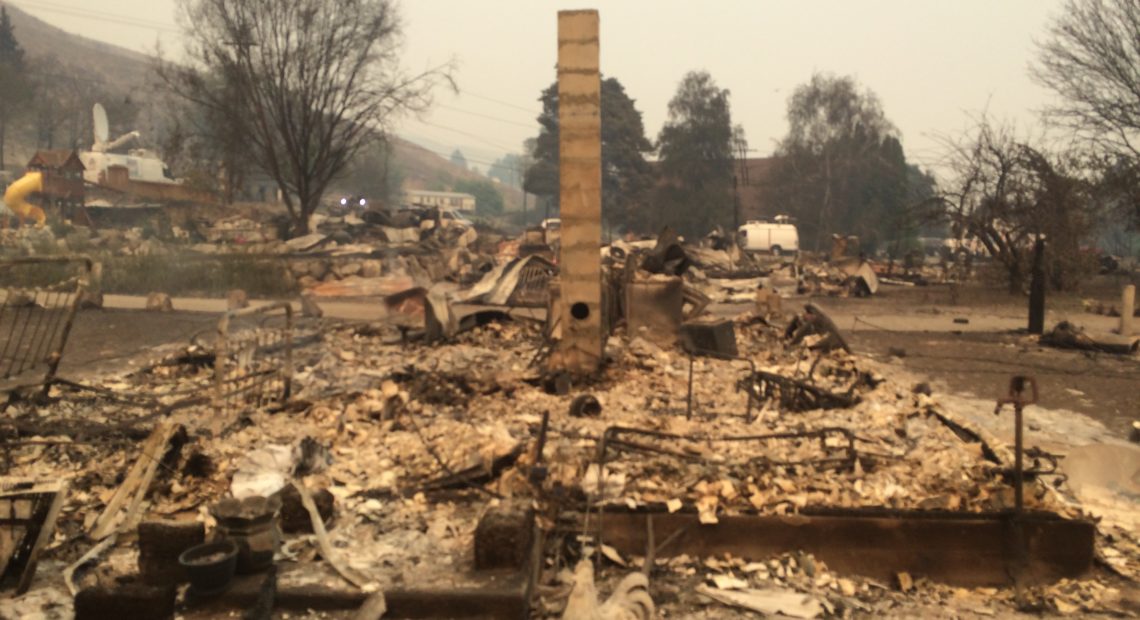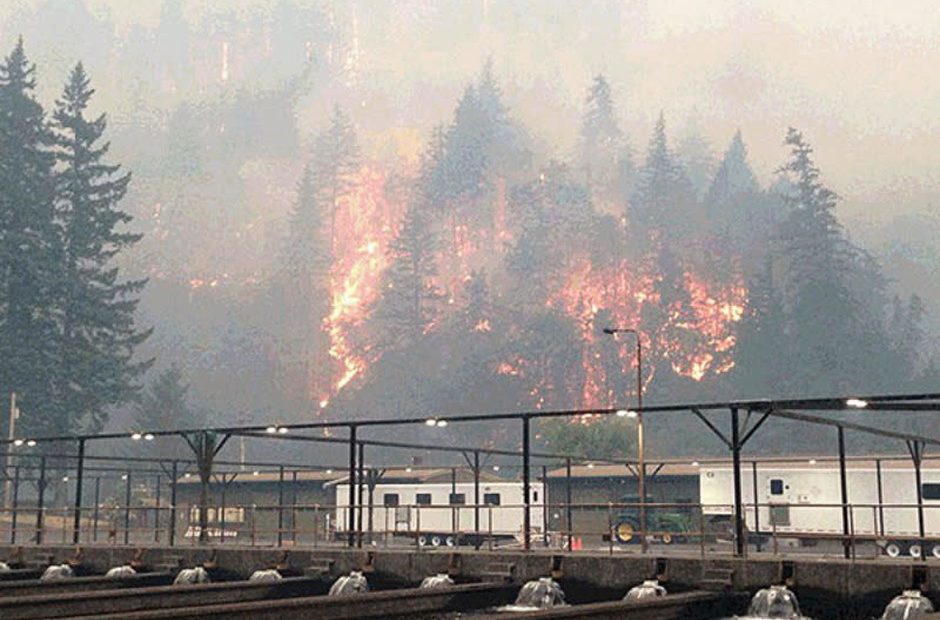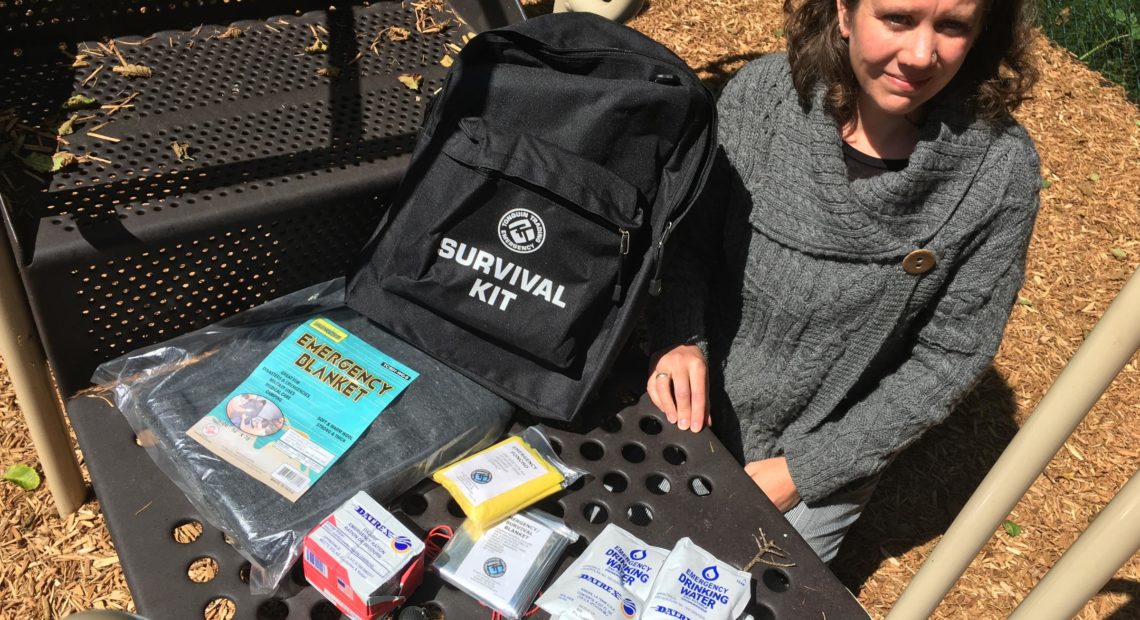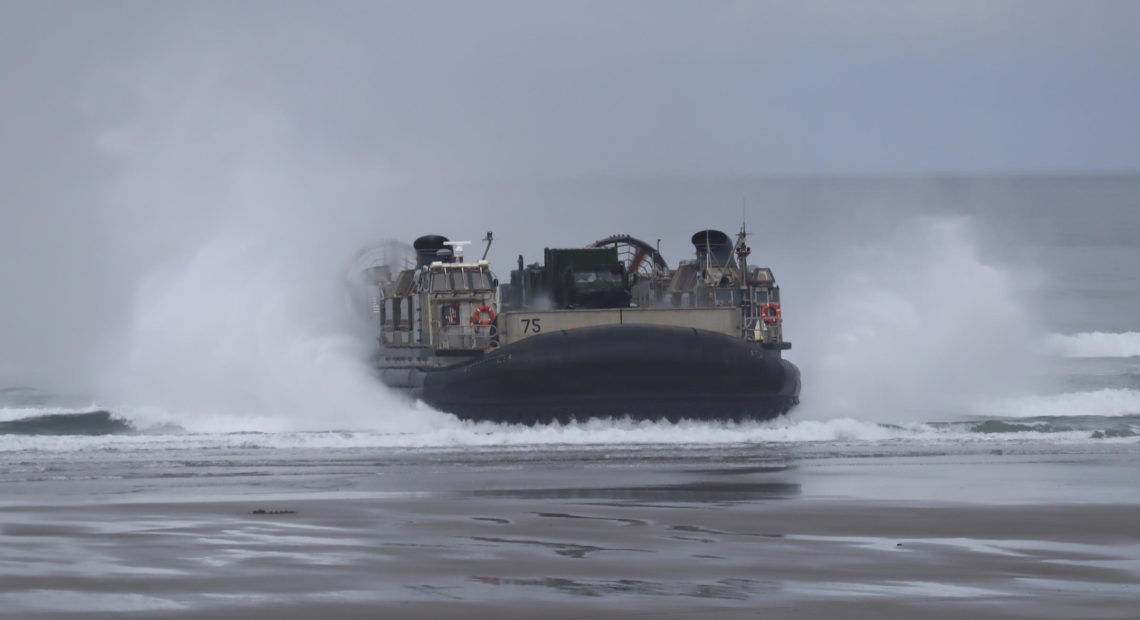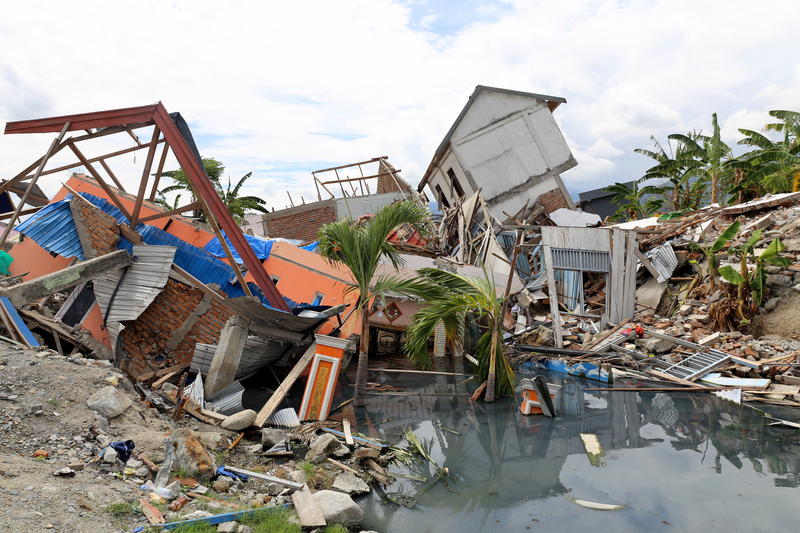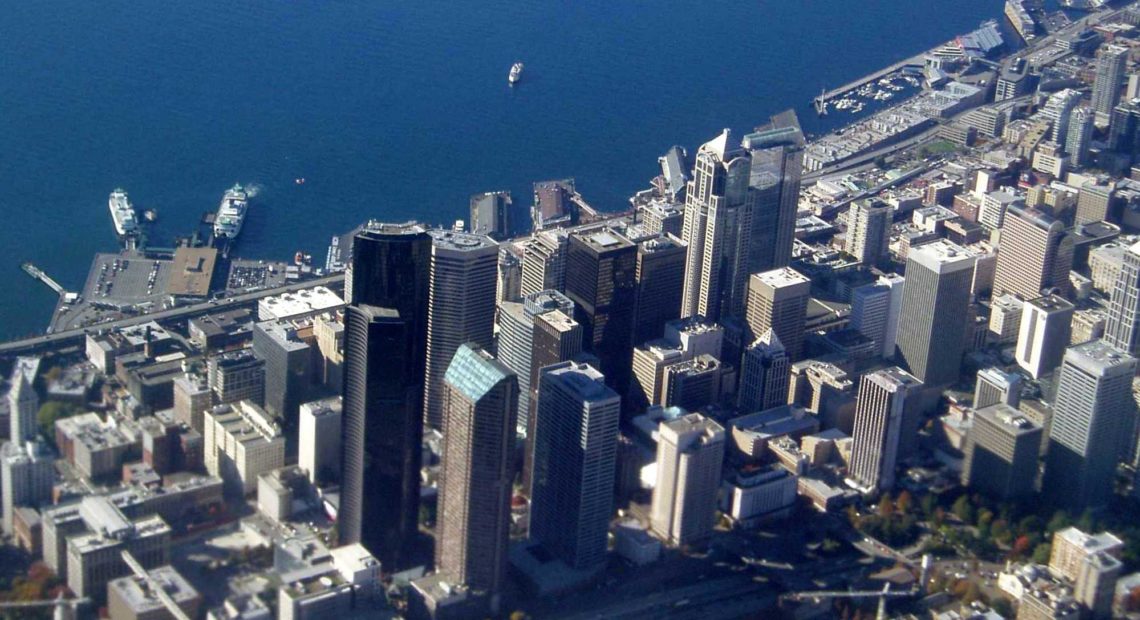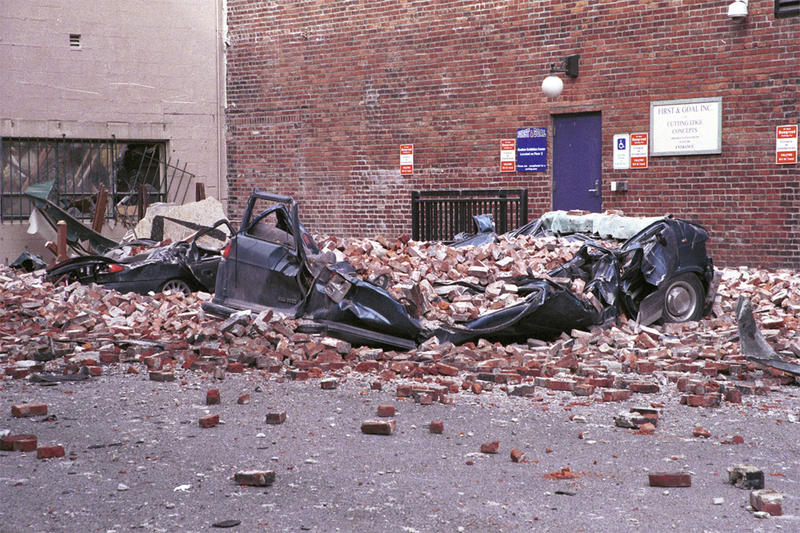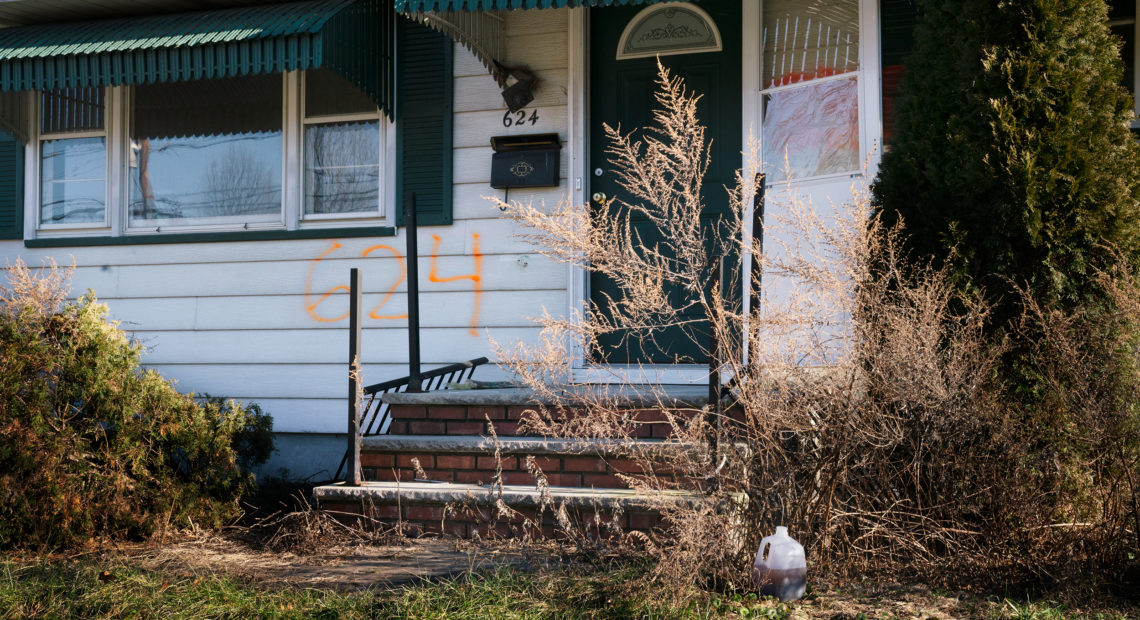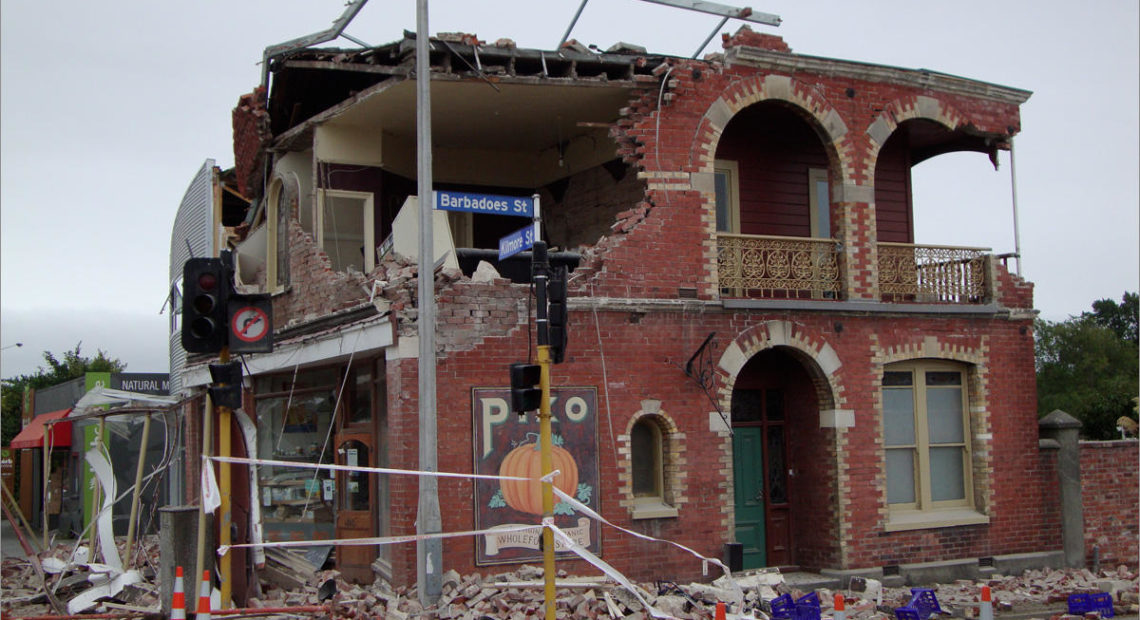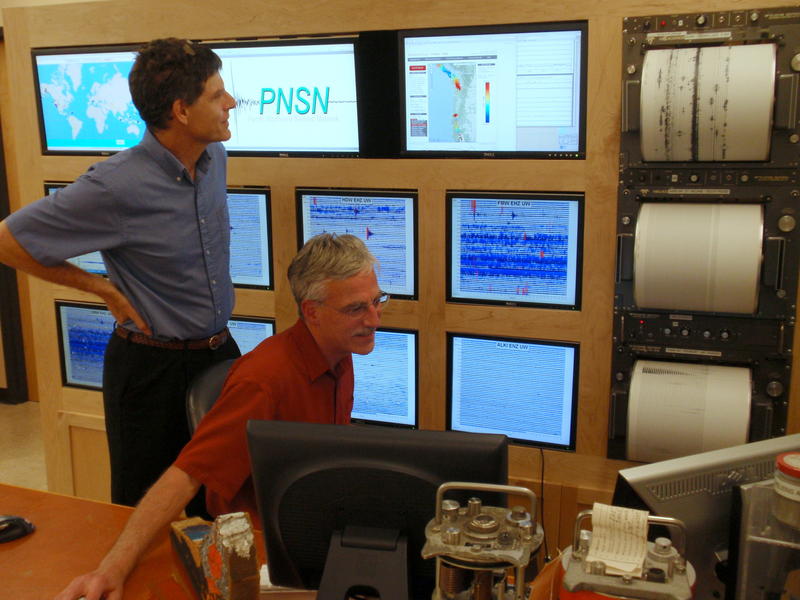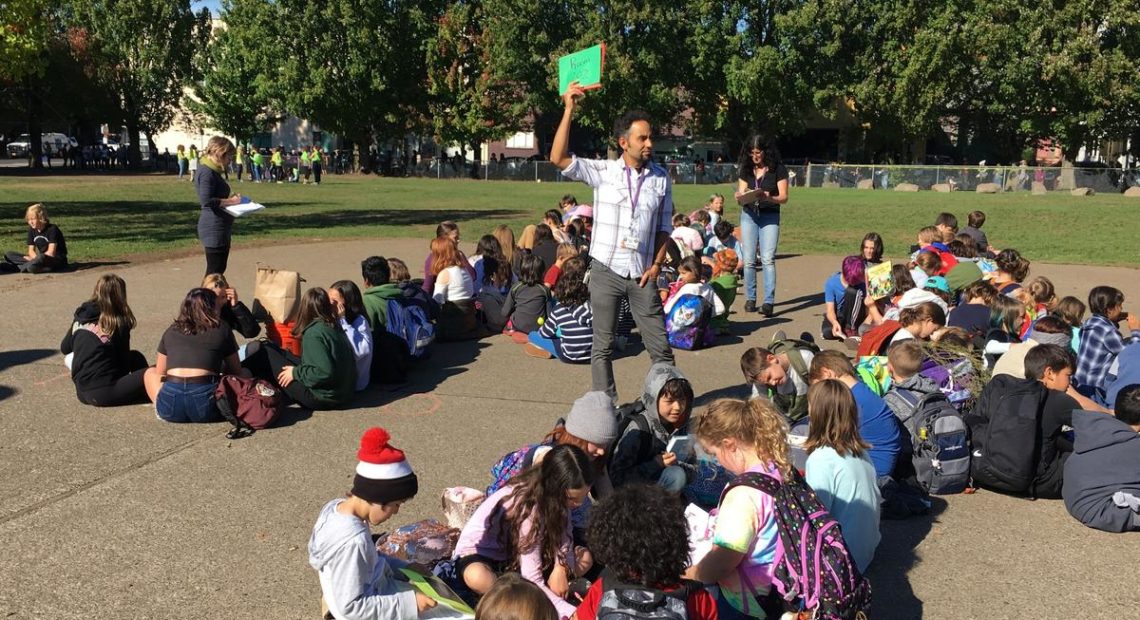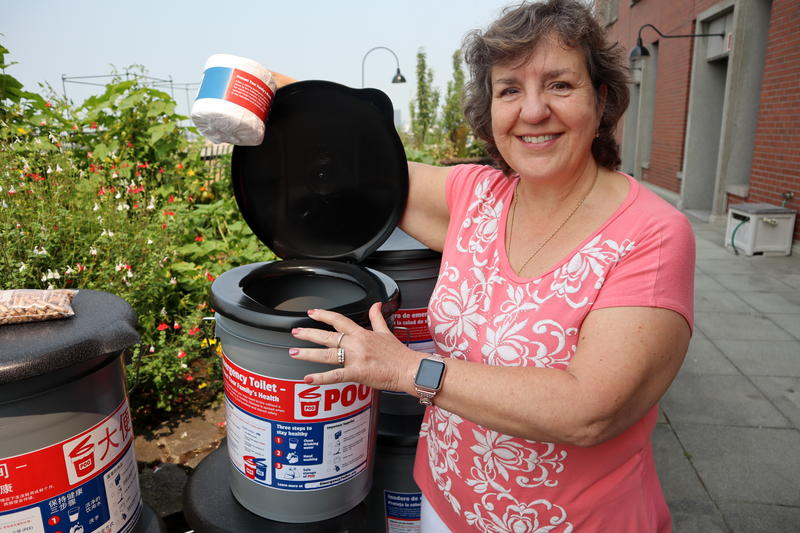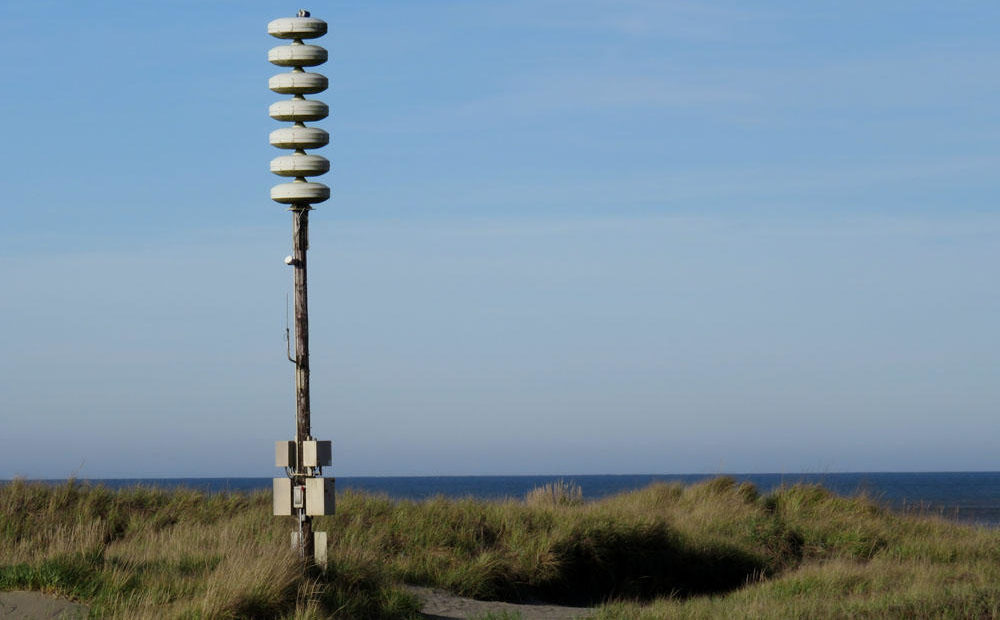Smartphone users who opted in to a test of the West Coast earthquake early warning system got an early taste on Thursday of what is to come. Mobile phones from Seattle to Olympia blared with an alarm for imaginary incoming shaking. The earthquake warning system -- already operational in California -- will launch for the general public in Oregon on March 11 and statewide in Read More
It’s been a little over a year since the Camp Fire destroyed the town of Paradise, which impacted thousands of lives in Northern California. The disaster also alarmed people across the West, who are now asking themselves: Could a fire like that happen here?Read More
Communication is key in emergencies. That’s especially true when the people you’re working to protect don’t speak English. That’s why Washington emergency management offices are working on their language skills — whether for a fire, earthquake or any emergency.Read More
Oregon Gov. Kate Brown, who included the $12 million in funding for the projects in her proposed budget last year, has told reporters the decision not to expand the early detection systems was one of the "biggest disappointments" of this year's legislative session.Read More
How's this for emergency preparedness? An elementary school located in the tsunami inundation zone in Cannon Beach, Oregon, has equipped every student with a personal disaster survival kit.Read More
People visiting or living along the Pacific Northwest coast may be completely cut off after "The Big One" —the feared magnitude 9.0 Cascadia earthquake and tsunami. For that reason, the U.S. Navy has been scouting landing sites along the coast for disaster relief delivery by sea. The quake preparations ticked up a notch on Monday, with a practice delivery of supplies using Read More
Last September, a magnitude 7.5 earthquake followed by a tsunami devastated a region of Indonesia, killing more than 4,300 people. Two Oregon State and University of Washington professors who surveyed the aftermath say the far-away disaster should elevate attention to quake-induced landslide risks here at home in the Pacific Northwest.Read More
A research project to model the effects from a Cascadia megaquake found higher risk of collapse for modern tall buildings than previously thought.Read More
The State of Washington has completed its first statewide inventory of buildings prone to crumble or collapse in an earthquake. The bottom line: There are an awful lot of unreinforced, old brick or stone buildings that could be dangerous — a similar number to estimates in Oregon.Read More
NPR analyzed records from a Federal Emergency Management Agency database of more than 40,000 buyouts and found that most went disproportionately to whiter communities.Read More
Thousands of old brick, stone and concrete buildings in the Pacific Northwest could crumble in the next strong earthquake. To face that challenge, measures pending in the Oregon and Washington legislatures would set up grant programs to help owners of dangerous buildings make seismic safety upgrades.Read More
Most people in the Pacific Northwest know we live in earthquake country. A new analysis published this week, however, notes that major quakes in the region have gone on a puzzling hiatus over the last decade.Read More
It's a sad fact of life that K-12 students must practice for calamities such as earthquakes, fires, lockdowns or active shooters. Now a few public schools in the region are roping in parents and guardians to practice for the aftermath.Read More
It's not something we typically discuss in polite company, but disaster planners say that when water and sewage service fails, finding a place to poop is a big deal.Read More
Ocean Shores, Washington, has no natural high ground inside its city limits. On Tuesday night, residents will meet with government and university experts to discuss whether to build a tsunami evacuation platform as in a few other Northwest coastal towns.Read More
Statewide disaster preparedness messaging aimed at households and businesses calls for one gallon per person per day as the goal for emergency drinking water. Scooping water out of a creek or pond is dicey because of the widespread giardia parasite, aka "beaver fever." So inventive residents on Washington's Olympic Peninsula got creative.Read More
Planned student walkouts this week bring attention to reducing the threat of school shootings. One group of Northwest parents is pushing schools to prepare better for another kind of disaster: a major earthquake. Read More

